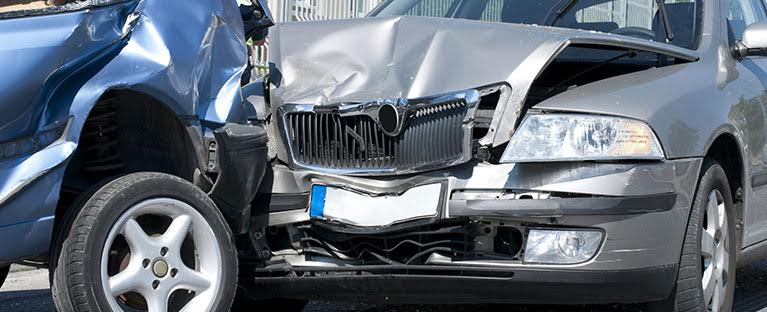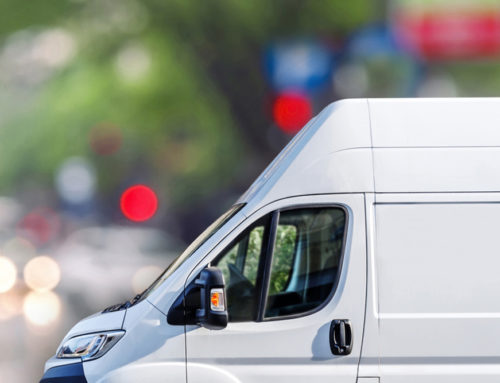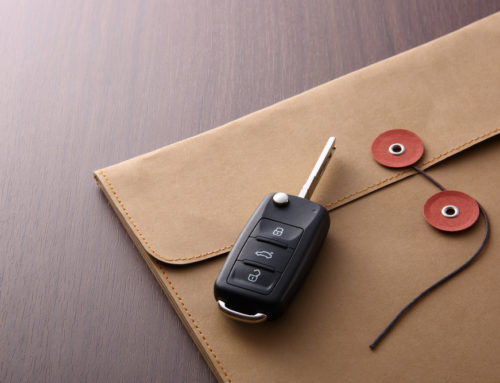Under Pennsylvania law, if you have been injured by the operation or use of a motor vehicle, there is a “priority of recovery” list which determines which insurance company must pay your medical expenses. The list is applied without regard to who is at fault for your injuries, so long as you are injured as the result of the maintenance or use of a motor vehicle. The purpose in this “no fault” aspect of the insurance system is to help make sure that doctors and hospitals will treat you and get paid without having to wait to determine who caused the accident. This priority or recovery list applies to drivers, passengers, even pedestrians and bicyclists, so long as you are injured by a motor vehicle.
The first question is, are you a “named insured” on an auto insurance policy? People become a “named insured” if they buy insurance and are listed by name on the policy. If you are a named insured on an auto policy, this insurer must pay your medical bills. So, for example, if you own a car and have insurance, your own insurer pays your bills without regard to who was at fault. This applies whether or not you are driving your insured car at the time of the injury–for example, if you are on a PAT bus or a passenger in your neighbor’s car.
If the answer to the first question is “no”, then the second question is are you an “insured” on an auto policy? People become an “insured” if they are related by blood or marriage to a person who resides in their house and that resident relative is a named insured on an auto insurance policy. If your resident relative has insurance, this insurer pays your medical bills. This applies whether or not your resident relative or his/her car has any involvement in your injuries.
If your answer to both the first and second question is “no”, then the third question is are you an occupant of a motor vehicle? If “yes”, then the auto insurer of that motor vehicle pays your medical bills. For example, if you live alone, don’t own a car, and are a passenger on a bus, then the insurance carrier for the bus must pay your medical bills.
If your answer to the first, second, and third questions is “no”, then the insurer for any motor vehicle involved in the accident must pay your medical bills, again without regard to who was at fault. For example, if you are on a bicycle and are struck by a car, if neither you nor a resident relative own a car, then the insurer for the car that struck you must pay your medical bills.
If you do not own a car, no relatives in your household own a car, you are not an occupant of a car, and if you are injured by a person who has no insurance, there is an administrative fund called the Pennsylvania Assigned Claims Plan that will pay up to $5,000 in medical expenses, with some restrictions. An eligible claimant may also be able to recover for losses or damages up to $15,000, with a set off for medical bills already paid by the Plan.
Payment of medical bills has been described as “the tip of the iceberg”, meaning that there are substantial other damages for which you may claim and recover if you have been injured in a car accident. To speak with an experienced car accident attorney, call Mike Colarusso or Herb Cohen today at 1-844-334-6654 to learn more.




